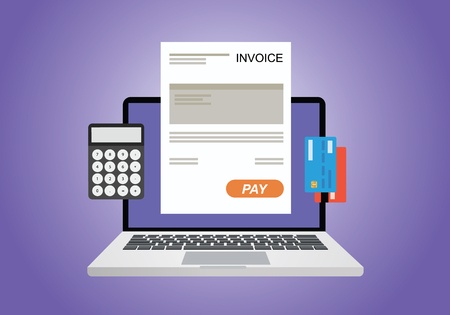The business of being a creative industry contractor
Once you’ve committed to becoming a freelance Creative contractor it is often a pathway for life and so you must be sure that you doing this for the right reasons. It’s a more difficult decision to make if you are transitioning from Employed status with its guaranteed holidays, regular training, team drinks, and other ‘soft’ benefits of being an employee.
Some planning is therefore required to make a success of a long term step across to being a Contractor. Part of the key to making a success of the move is balancing the need to bring in monthly positive cash flow (post expenses), with planning other activities that may not be so rewarding in the near term but which may push your new business forward in the future.
It’s good to understand the main types of business set up that can be invoked as a Contractor…sole trader, company, partnership, limited liability partnership, umbrella company to name but a few. You can jump straight in if you know someone else in the same circumstances as yourself and go to an Accountant they have used, and follow the same mode of operation that they have. However remember the new positioning of yourself as a freelancer does mean that in the long run that you have to learn to make decisions for yourself, often independently of advice
Being a contractor though is likely to enable more effective tax planning for you and your family than going down the standard career path. Investment in resources for your business, a new laptop, mixing or creative content software, for example, become deductions against your profits and stationary, home office costs, and business travel expenses can be charged against your business earnings to reduce your tax obligations.

How you pay yourself

This is one area in particular that caution is advised. Getting it wrong could lead to the Revenue darkening your door, or worse still a court appearance. Taking incorrect advice and acting on it still makes you liable in the eyes of the law.
Companies pay dividends and salaries to employees, each are taxed differently in the hands of the recipient. Partnerships are rare in the Creative Industry but involve a Partnership agreement to be cautiously prepared and monies taken out of the business by way of drawings set to certain limits and annual profit disbursement.
How much to take out of the entity, when and by what means need to be done correctly, doing it incorrectly at a minimum will dilute the hard-earned profits made before they reach your personal bank account.
Managing your finances
Discipline in this area can be rewarding in the long run. Payments for day to day personal non-business expenses should not really take place from the Business funds/bank accounts ring-fenced for this purpose.
A similar discipline is advised with regard to ensuring that business income is transferred directly to the appropriate business Bank accounts again to avoid future confusion, reduce risk and ensure that Tax efficiency is not compromised. How this is disbursed from the business should be planned and not ad hoc.
If the business grows an accounts assistant or bookkeeping assistance is recommended. Alternatively, if you have enough grey matter (brains) to set up as a Contractor then much of an online accounting package such as Xero’s functionality will not be beyond you. Having the software in the cloud allows for both inputting of transactions and checking transactions on the go so making its functionality perfect for the ‘switched on’ modern Contractor. The combination of simplicity and peace of mind that maintaining your Accounts through Xero brings should make you think again before trying to maintain your records via Excel.

Year-end accounts

The amount of work that this requires can depend on the volume of transactions going through the business, how knowledgeable a creative Contractor is of what required of them and crucially how organised he or she has been within the year at filing appropriate paperwork and possibly doing a bit of Bookkeeping.
There are specific timelines within which annual accounts must be prepared for Companies House and Annual Returns and also to prepare a CT600 in order to meet Corporate Tax obligations if the Contractor is established through a company. An Income Tax return will be required almost certainly for any business income earned underemployment if you have being paying yourself a salary via your company.
Common ad hoc business issues faced by creative contractors
- These are many and wide ranging but some common errors include
- Not knowing what a valid business expense is to process through the company books
- Not keeping paperwork that will be required to produce accounts and Tax liabilities such as VAT in an organised fashion
- Mixing business payments and receipts between personal and business bank accounts
- Not putting in place adequate contracts that protect you as well as the counterparty you are transacting with in the contractor
- Not upscaling advisors if your business affairs become more demanding or complex in particular if your advisors specialises in a niche that you may have surpassed
- Chasing slow paying Debtors
- Maintaining a presence for your business and trumpeting your business successes to the right audience to move to a new £ level of client
- Professional Indemnity Insurance can be expensive but it can also be expensive to operate without it

B2B marketing

You showed up for work, maybe filled out a timesheet and your salary got paid at the end of each month. Or you worked via an agency, got an invoice approved and voila funds cleared in your account. As a freelancer, it’s not that simple.
Maybe you have been fortunate to transition an existing work relationship to a contracted arrangement or have been pulled onto an assignment via a previous work or contracting colleague who recommended you. However, it is not always going to be that simple to find future assignments and so you may as well get used to the new realities.
As you may not like self-promotion or the subtleties of event based networking, unfortunately for you most significant business relationships and long term assignments that will contribute significantly to your future.
